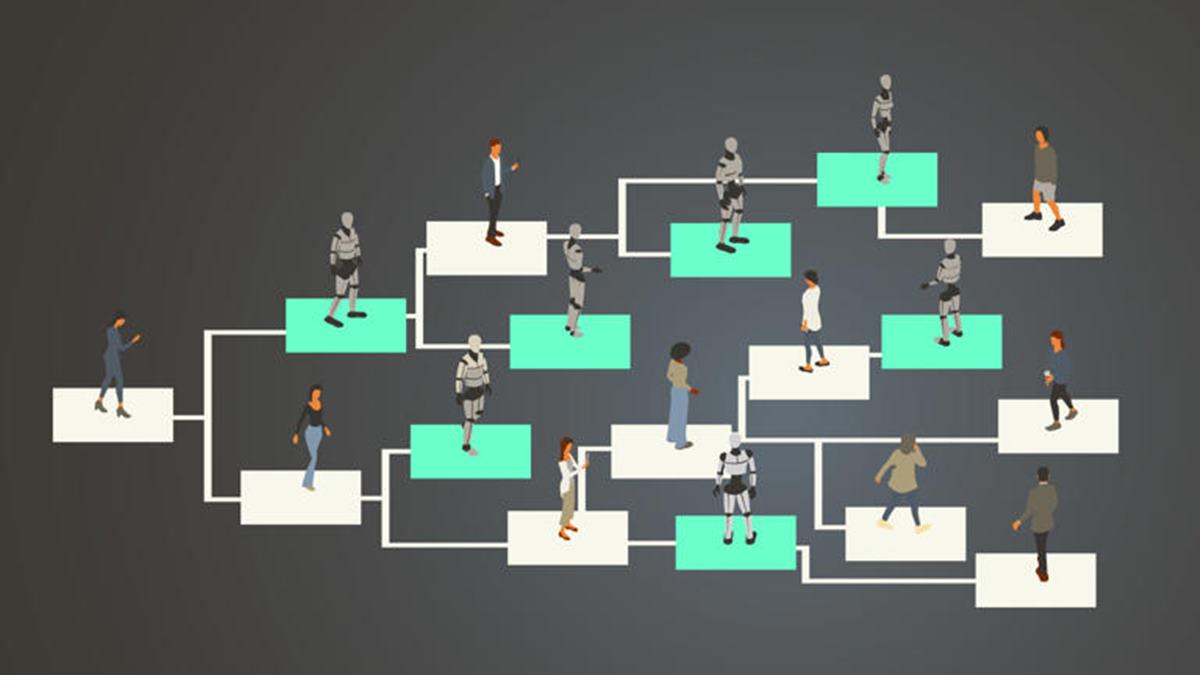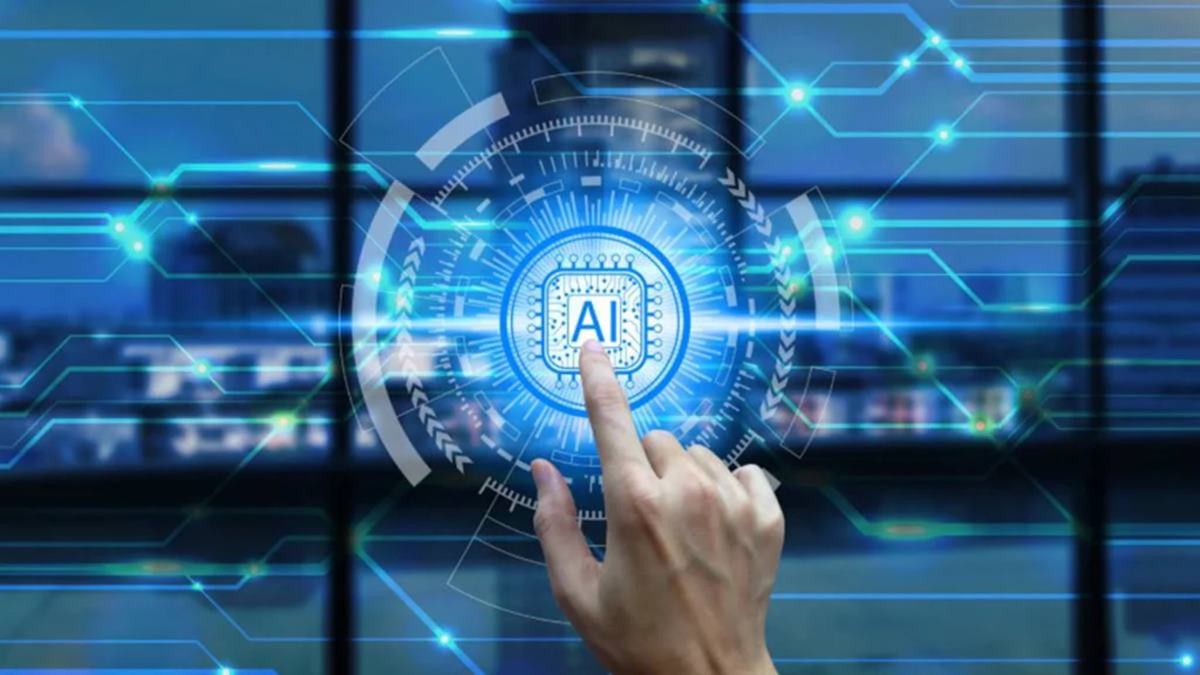Sam Altman, the head of OpenAI, made a bold statement in June. “We are past the event horizon; the take-off has started,” he wrote in a blog post. He warned that entire job categories might disappear as machines surpass human capabilities. This cautionary note from the creator of ChatGPT resonated deeply with HR departments globally.
Economists have been trying to quantify the impact of this technological shift. Goldman Sachs estimates that 300 million full-time jobs in advanced economies could be affected, representing about a quarter of current work. The World Economic Forum’s Future of Jobs survey predicts 83 million jobs will vanish and 69 million new ones will emerge by 2030, resulting in a net loss equivalent to all jobs in Texas.
Impact on Various Job Sectors
Altman has identified specific roles at risk. Tasks like basic Python debugging and junior paralegal research can now be automated swiftly by AI tools. Entry-level marketing copywriting, customer support macros, invoice reconciliation, and initial news summaries are also vulnerable to automation.
The threat isn’t limited to white-collar jobs. Blue-collar roles face challenges too. Logistics companies use AI vision systems to guide pallet robots, while subtitling engines rapidly process translations for videos. The key factor now is not the type of job but how predictable the tasks are.
Emerging Opportunities and Roles
Despite these changes, new opportunities arise with each technological advancement. LinkedIn’s fastest-growing roles for 2025 include prompt engineers, data-curation leads, model-bias auditors, AI ops technicians, and synthetic-media designers. Copywriters adept at using large language models can produce polished drafts much faster than before.
Skeptics question if these tools truly enhance productivity. A study by MIT and Stanford provided a GPT-powered assistant to 5,000 customer-support agents for a year. Results showed ticket resolution per hour increased by 14%, with inexperienced reps seeing a 34% improvement.
Adapting to Technological Changes
Experts advise workers to adapt by learning new skills and synthesizing information effectively. Mastering AI tools can transform threats into opportunities. Developing domain judgment helps maintain human involvement in decision-making processes.
Altman believes that abundant intelligence could lead to industries we can’t yet imagine, similar to how electrification led to aviation after eliminating lamplighters. However, transitional periods can be challenging.
The Role of Training and Support
To ease this transition, Altman supports large-scale worker-training subsidies and experiments like universal basic income pilots. History shows society eventually finds new work despite initial disruptions.
The printing press displaced scribes; steam looms left weavers jobless; spreadsheets replaced clerks but created analyst roles. The AI revolution is faster and digital but may ultimately lead humans to focus on tasks machines can’t perform.
The journey has begun; traditional jobs are nearing their end. Those who adapt alongside algorithms may thrive, while others might find themselves left behind.




















